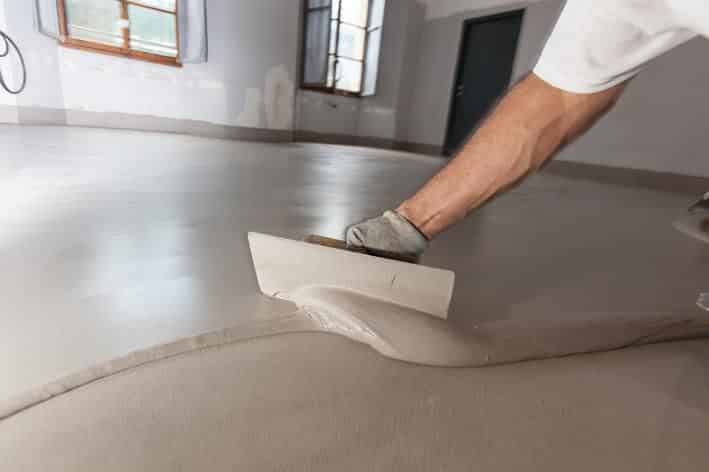Warehouse premises, industrial areas, assembly shops must have solid foundations. A variety of stationary equipment and dynamically moving mechanisms will create heavy loads. Industrial self-leveling floor is able to resist not only various loads, but also significant changes temperatures. It is for this reason that it is ideally suited for production related to refrigeration plants.
What are self-leveling floors
There is a fairly wide variety of building mixtures that fall under the category of self-leveling floor. Each of them has its own unique technical and operational data. The decorative component in the mixture makes the floor extra attractive, if necessary. At the moment, the most popular self-leveling floors are:
- epoxy resin resins;
- polyurethane polymers;
- acrylic analogs;
- polyester chemical resistant.
Technical features
Unlike the mixture used for the residential sector, industrial analogues differ significantly in almost all parameters. For a private house, apartment or small store, the decorative component is more important. The industry uses the following important factors:
- The floor must not build up static electricity.
- Especially high mechanical and chemical resistance.
- Do not break down or lose strength characteristics under the influence of moisture.
- Resistance to abrasion with heavy use.
- Amenable to restoration in case of natural or accidental wear of the surface.
Some types of self-leveling industrial floors retain a certain elasticity. This type of self-leveling floor resists minor cosmetic damage better. Ideal as a production site for light industry.




